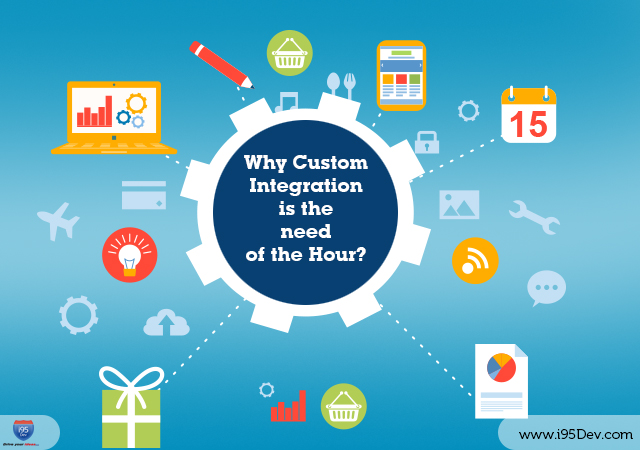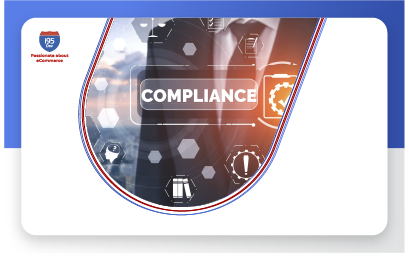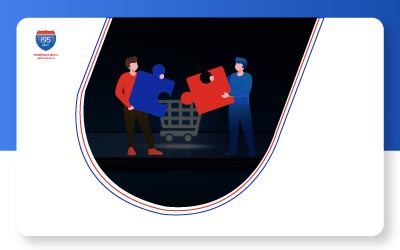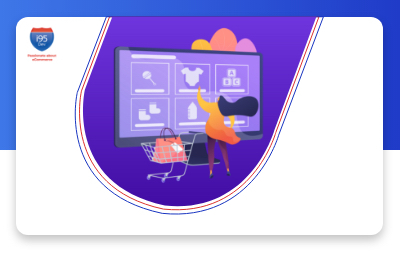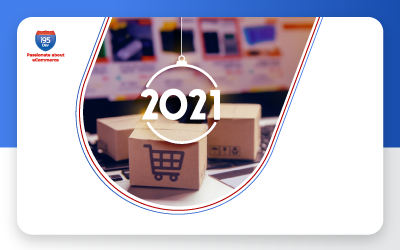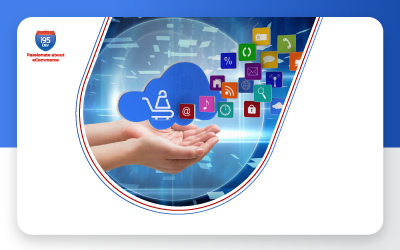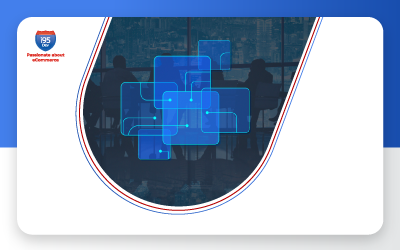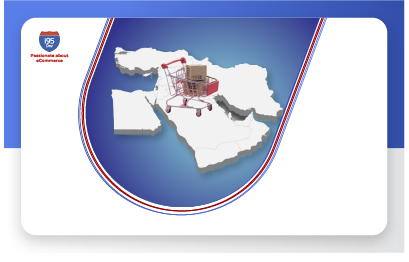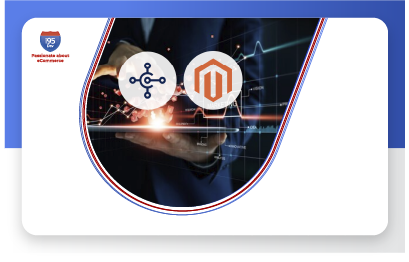There is something unique about every business and for varying reasons. While the uniqueness may seem more apparent when you compare businesses from two different industry verticals, the difference (or uniqueness) is not obvious when it comes to two businesses from the same industry. The uniqueness we talk about can be an outcome of location, culture, history, systems and processes, people, experiences, etc. But these differences, however subtle, have an impact on the way you run your business; impacting the workflows and processes of your organization. For example consider this:
Two businesses X and Y kick start their ecommerce store, with one catering to customers in US and other to customers in Asia. We know that customers in US are accustomed to purchasing online and online payments but the concept is yet to gain wide acceptance in Asia; the reason for the popularity of payment method like cash on delivery.
But why is this important? Well it is, because this in turn impacts the order fulfillment workflow that the organization adopts. Now while company operating in US will follow the following process
- Take order in ecommerce store –> Raise invoice –> Capture payment –> Send order to the ERP system for pick, pack and shipping
Now the same processes for the company operating in Asia would be
- Take order in ecommerce store –> Raise invoice –> Send order to the ERP system for pick, pack and shipping –> Customer makes payment after receiving the order

Now while this might not seem as a major difference, it is. Because, in first case the accounting books of the company are tallied even before the customer receives the order but in the second case they are not until the delivery is made. It is important to note here that while the ecommerce systems behaves the same way in both the cases, the ERP systems don’t (if both the companies are running the same ERP system then at least one of them must have customized the ERP or created workflows to accommodate their uniqueness).
Imagine both the companies now trying to invest in a tool which can integrate the ecommerce and ERP systems. No one size fit all solution can now do justice to both these businesses. While the one size fit all solution might be a perfect fit for one of the businesses the other business will have to compromise or adjust to accommodate this tool. Hence the need for a solution which, while standardizing some functionality, can accommodate the uniqueness of every business through customization. The standardization on one side ensures that you do not start from scratch every time by reusing the efforts made earlier (which from company’s perspective lowers cost and time to market) the customization, on the other side, ensures that you accommodate the uniqueness of your business in the new tool (which from company’s perspective lowers employee resistance, improves adoption and lowers the time taken to learn the new system).
Most solution providers make the mistake of not appreciating these differences and build a one size fit all solution based on very broad assumptions. The primary reason for it being that it makes the product reusable making it easy to sell to more customers by putting the effort only once. This, no doubt can work like a charm for few companies, but is not an ideal solution for customers with custom workflows and processes. This need of a custom solution is even more apparent for companies operating in different industry verticals.
If you are not sure about your requirement or need help in trying to reach a decision we can help you. We are a leading ecommerce and integration company. We help companies establish an online presence, integrate ecommerce with ERP systems like Microsoft Dynamics ERP and more. To know more you can call us at 301.760.7499 or contact us here http://www.i95dev.com/contact/.



